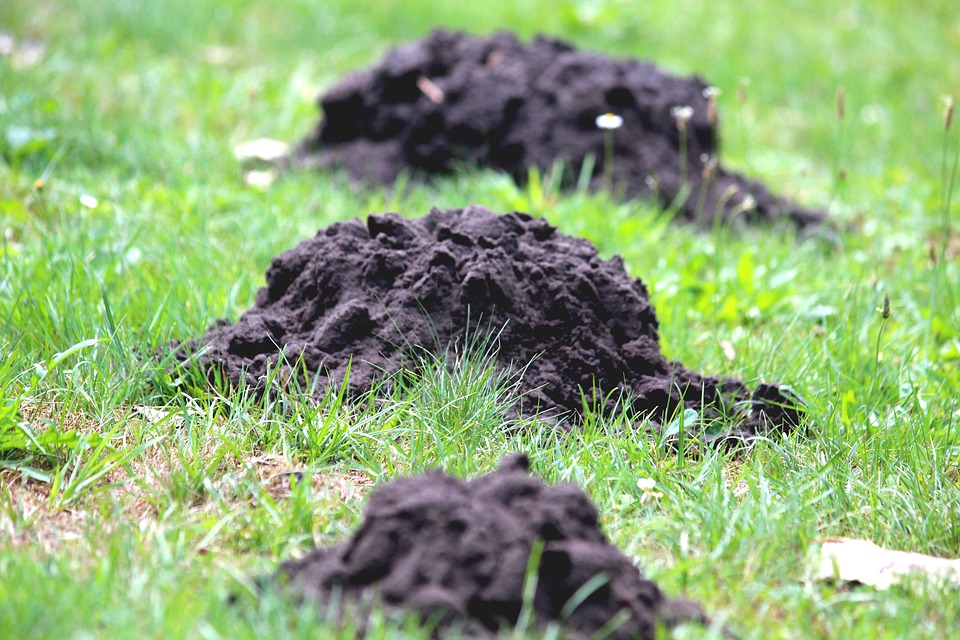Sustainable Farming: Cultivating Change for a Sustainable Food System
Growing up on a sustainable farm in the countryside, I developed a deep love and appreciation for sustainable farming and gardening. The practice of sustainable farming involves growing food in a way that is environmentally friendly, socially responsible, and economically viable. As someone who has spent years living off the grid and embracing the principles of sustainable living, I have witnessed firsthand the positive impact that sustainable farming can have on not only the environment, but also the quality and taste of the food we consume. With a rise in interest in sustainable living and a growing concern for the environment, there has never been a better time to champion the cause of sustainable farming and cultivate change for a more sustainable food system.
Sustainable farming is more than just a way of growing food; it is a way of life that respects the natural environment and focuses on preserving and improving it for future generations. This type of farming uses practices that promote healthy soil, conserve water, and encourage biodiversity. Learning to embrace sustainable farming practices has not only allowed me to live a more self-sufficient and eco-conscious lifestyle, but it has also allowed me to play a small part in contributing to a more sustainable food system for our planet.
One of the most important aspects of sustainable farming is the focus on organic farming methods. Organic farming avoids the use of synthetic pesticides, herbicides, and fertilizers, and instead relies on methods such as crop rotation, composting, and natural pest control to produce high-quality, nutritious food. By choosing to grow food organically, we are not only reducing our exposure to harmful chemicals, but we are also benefitting the land by promoting healthier soil and regenerating the natural ecosystem.
Another important practice in sustainable farming is the use of regenerative agriculture. Regenerative agriculture focuses on rebuilding soil health, restoring biodiversity, and reducing carbon emissions. By implementing regenerative agriculture techniques such as cover cropping, rotational grazing, and no-till farming, farmers can improve soil health, increase water retention, and sequester carbon in the soil. These practices not only benefit the environment, but they also produce more nutritious and flavorful food for consumers.
As someone who has spent years living off the grid and embracing the principles of sustainable living, I have seen the positive impact that sustainable farming can have on both the environment and the quality of the food we consume. From the personal experience of living off the land and nourishing my family with fresh, homegrown produce, I can attest to the satisfaction and joy that comes from cultivating your own food in a sustainable and responsible manner.
Pro Tips:
1. Start small: If you’re new to sustainable farming, start with a small garden or a few raised beds to learn the basics before expanding your operation.
2. Learn from others: Join a local gardening or farming community to learn from experienced practitioners and share your own knowledge and experiences.
3. Embrace diversity: Plant a variety of crops to promote biodiversity and reduce the risk of pests and disease.
4. Compost: Start a compost pile to reduce waste and create nutrient-rich soil for your garden.
5. Preserve and store: Learn how to properly preserve and store your harvest to enjoy the fruits of your labor year-round.
In conclusion, sustainable farming is not just a trend; it is a way of life that has the power to transform our food system and positively impact the planet. By embracing sustainable farming practices such as organic farming and regenerative agriculture, we can work towards a more sustainable and resilient food system for future generations. Whether you are a seasoned farmer, a beginner gardener, or someone interested in living more sustainably, there are countless ways to get involved in the movement towards sustainable farming. Let’s cultivate change and work together to create a brighter, more sustainable future for our food system.



